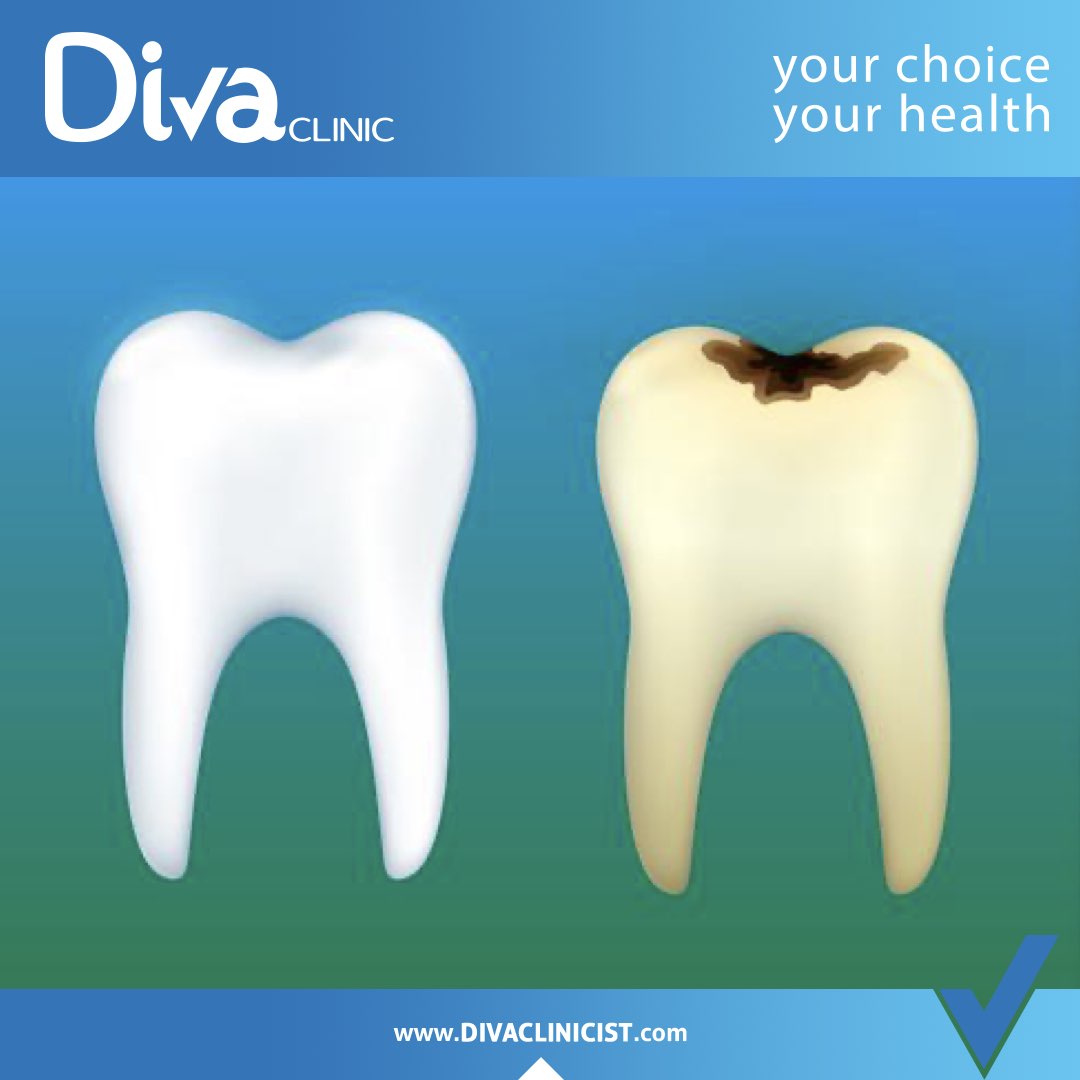Tooth decay is a common health problem that affects many people. It is damage to the enamel which develops into tiny openings or holes. Tooth decay is especially common in children, teenagers and older adults. Cavities are also particularly common in adults. Over time they can increase in size and can cause severe discomfort and pain if left untreated. By maintaining good dental hygiene, regular brushing and dental check ups, you can avoid developing these conditions.
Symptoms
Cavity symptoms vary depending on their extent and location in the mouth. In the early stages, you may not experience any symptoms at all. As the decay increases, you may feel some of the following:
- Toothache, spontaneous pain or pain that occurs without any apparent cause
- Tooth sensitivity
- Mild to sharp pain when eating or drinking something sweet, hot or cold
- Visible holes or pits in your teeth
- Brown, black or white staining on any surface of a tooth
- Pain when biting down
Treatment
Following the diagnosis, there are several ways to treat a cavity: fluoride treatments, fillings, root canals, crowns (a type of dental restoration that completely caps a tooth) and tooth extractions, if they are severely decayed.
Prevention
Good oral and dental hygiene can help you avoid cavities and tooth decay. The advice from our team of experts as follows:
- Brushing your teeth after eating or drinking beverages
- Rinsing your mouth regularly
- Regular visits to the dentist (at least every 6 months)
- Cutting down unhealthy foods such as sweetened drinks and sweets
- Using fluoride based products
- Using antibacterial treatments if necessary (under medical supervision)
- Eating foods that provide nutritional value to the teeth and general health













